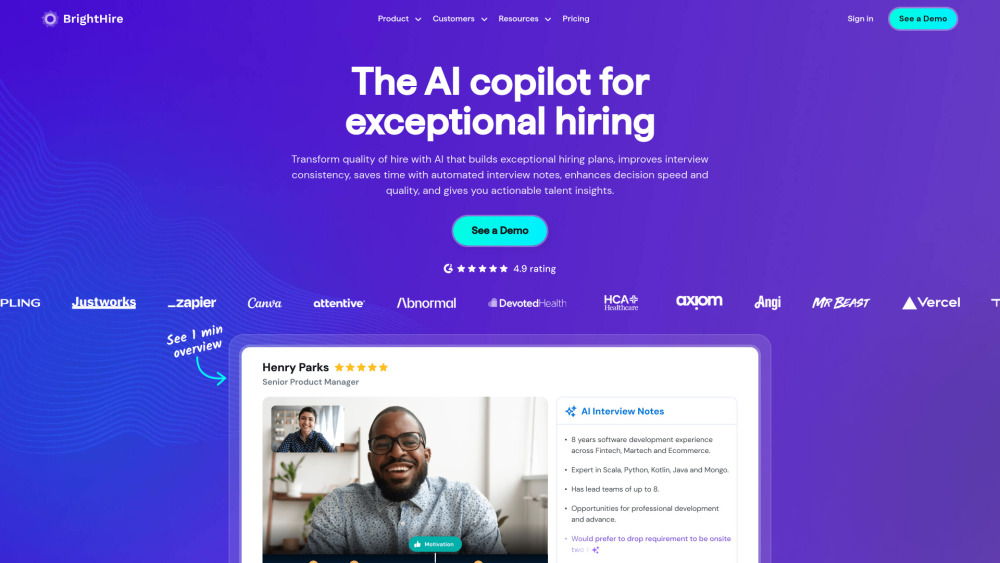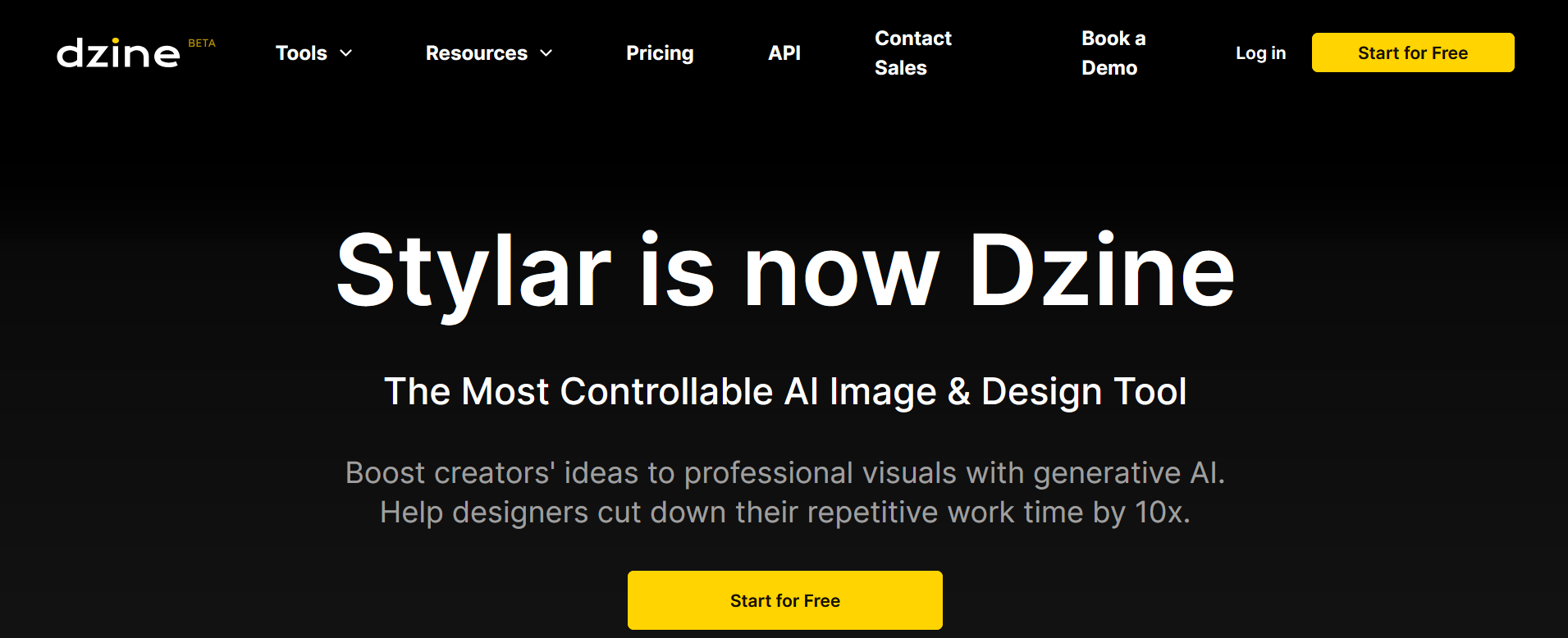After Chinese AI firm DeepSeek made waves in OpenAI’s home turf in the U.S., OpenAI is now intensifying its expansion in Asia. The company has secured major commercial partnerships that will not only help it broaden its reach but also allow it to train its AI on more Asian-language content and user behaviors — laying the groundwork for future independent operations in these markets.
Today, OpenAI announced a strategic partnership with Kakao, South Korea’s tech giant that runs one of the region’s most popular messaging apps, KakaoTalk.
This announcement follows closely behind SoftBank’s major commitment to OpenAI, which allocated $3 billion to deploy OpenAI’s technology across its diverse operations and subsidiaries, as well as to form a joint venture, SB OpenAI Japan, to create AI solutions tailored for Japanese enterprises.
The Kakao partnership was unveiled today at an event in Seoul, co-hosted by Kakao CEO Shina Chung and OpenAI CEO Sam Altman. It will initially focus on three key projects: the development of a Korean-language assistant, Kanana, powered by OpenAI; integrating OpenAI’s technology into KakaoTalk; and Kakao adopting ChatGPT Enterprise for internal use.
Meanwhile, the SoftBank announcement represents just the latest chapter in what appears to be a deepening relationship between the two companies. Reports suggest that SoftBank is considering a significant investment in OpenAI, though this has yet to be confirmed. The two companies are also rumored to be collaborating on the Stargate project, which involves building AI superservers and infrastructure in the U.S.
At first glance, these partnerships seem like straightforward commercial agreements, designed to bring OpenAI’s services to new audiences in their native languages.
“Korea is a very impressive market,” Altman said at the press conference today. “The adoption of AI in Korea is remarkably advanced. With industries ranging from energy to semiconductors to internet companies, there is a very strong environment for applying AI. It is an important market for us, and it is growing rapidly.”
However, these deals are more significant than simply expanding OpenAI’s reach.
As OpenAI continues to build and train its large language models, partnerships with major players in Korea and Japan give the company access to millions of consumers in these countries, offering a unique opportunity to expand its linguistic capabilities — a crucial step in the face of rising competition from DeepSeek.
If DeepSeek proves to be more than just a fleeting phenomenon — and manages to navigate potential legal hurdles regarding copyright and data privacy — it will signal that a non-U.S. company has gained a foothold in the English-language generative AI race. This underlines the importance for OpenAI to keep expanding its international footprint, particularly in terms of its linguistic adaptability.
It’s also noteworthy that SoftBank, at one point, had a different strategy in mind.
In 2023, SoftBank launched SB Intuitions, a new venture aimed at building large language models (LLMs) and generative AI specifically for the Japanese language. However, the future of this initiative remains unclear — whether it failed to gain traction, or if it’s being folded into the joint venture with OpenAI. We’ve reached out to SoftBank for clarification and will update the story as we learn more.
In addition to the Kakao collaboration, Altman has used this opportunity to further strengthen OpenAI’s relationships with other major players in Korea’s tech industry. He reportedly held meetings with executives from Samsung Electronics and SK Hynix to discuss custom AI chips and AI-powered devices. OpenAI now joins the ranks of tech giants such as Google, Amazon, Microsoft, and Meta, all of which are developing their own AI chips.
The SoftBank OpenAI Japan joint venture is another significant step for OpenAI, with SoftBank pledging $3 billion annually to implement OpenAI’s solutions — including ChatGPT Enterprise and OpenAI’s API — across its group companies. The venture will focus on providing OpenAI’s enterprise technology to large businesses in Japan.
Last week, OpenAI unveiled Operator, an AI agent designed to handle tasks like vacation planning and restaurant reservations. The company also introduced the o3-mini, a new and more cost-effective reasoning model, and Deep Research, a feature that enables in-depth internet research for complex tasks.
SoftBank’s UK-based chip designer Arm will also use OpenAI tools to increase productivity, according to SoftBank’s statement.
In addition to these partnerships, SoftBank is reportedly in discussions to lead a funding round for OpenAI worth up to $40 billion, which could bring OpenAI’s valuation to $300 billion.
Separately, OpenAI, SoftBank, and Oracle have joined forces to build multiple AI data centers across the U.S. as part of the Stargate project. The initiative will kick off with a large data center in Texas, with plans to invest $100 billion initially, and potentially up to $500 billion over the next four years.







